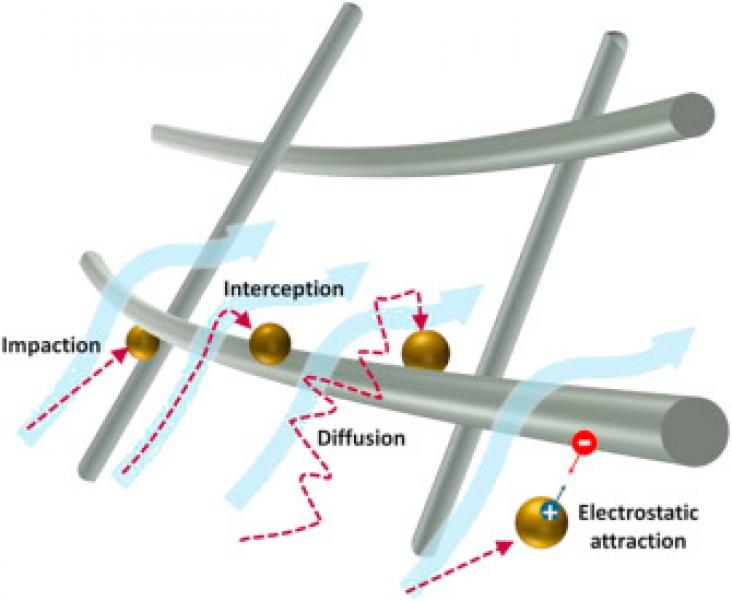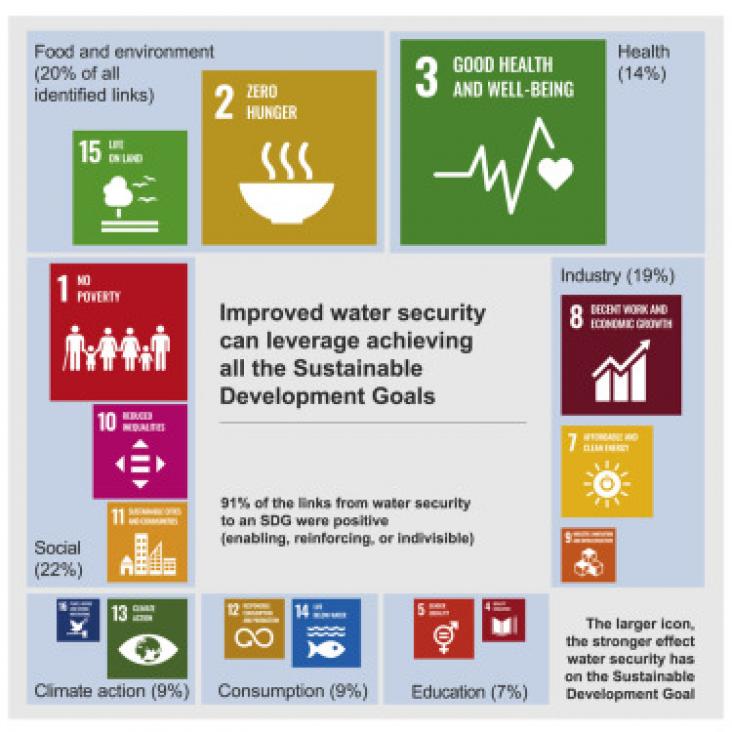
Aaditya Chaturvedi, Bhanu Pandey, Aneet Kumar Yadav, Shubham Saroj,
Chapter 5 - An overview of the potential impacts of global climate change on water resources,
Editor(s): Binota Thokchom, Pengpeng Qiu, Pardeep Singh, Parameswar K. Iyer,
Water Conservation in the Era of Global Climate Change,
Elsevier,
2021,
Pages 99-120,
ISBN 9780128202005
Biomass, Biofuels, Biochemicals, Circular Bioeconomy - Current Status and Future Outlook, 2021, Pages 121-162


Handbook of Advanced Approaches Towards Pollution Prevention and Control, 2021, Pages 281-305
